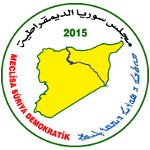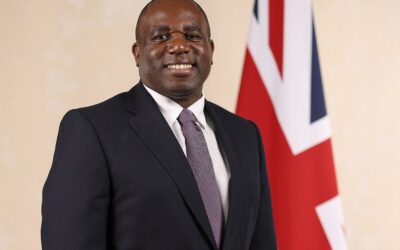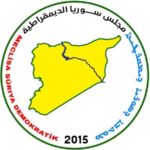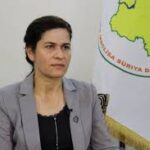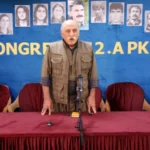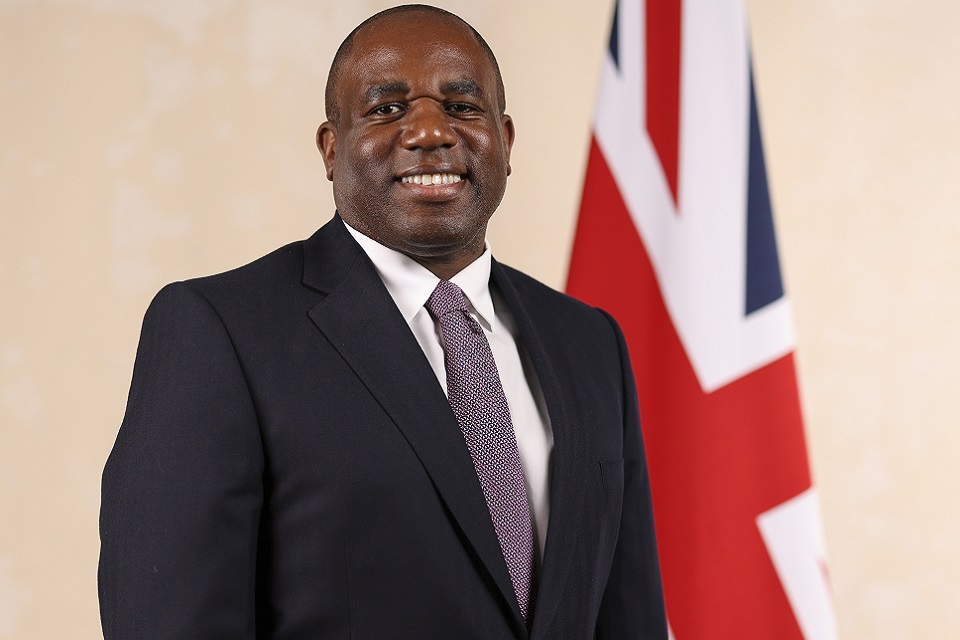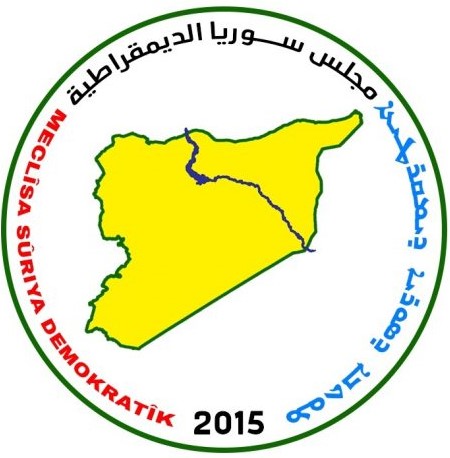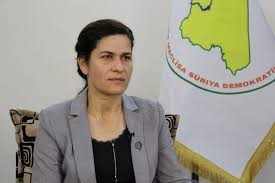Child mortality and human suffering. Damascus government siege exacerbates crises north of Aleppo.
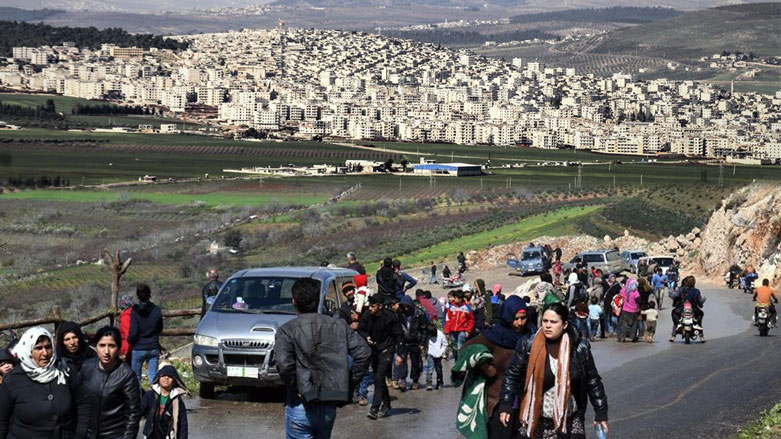
Aleppo Samer Al , Ali
The four-year-old girl Suzdar Hassan Qaddo died on the first of December after suffering a severe cold, which led to a severe fever. the severe cold that she suffered with her family in the tent that shelters them in Sardam camp in the northern countryside of Aleppo, northern Syria, due to lack of heating fuel, with the continuation of the siege imposed by the Damascus government forces on the area.
The suffering of hundreds of thousands of civilians in the northern countryside of Aleppo, the displaced people from the occupied Afrin area, is exacerbated because of the siege imposed by the “Fourth Division” of the Damascus government forces for years, which has been significantly tightened in recent weeks, as even basic materials, food and medicines are prevented from entering the area, along with the neighbourhoods of Sheikh Maqsoud and Ashrafieh in the city of Aleppo.
Suzdar, the sister of two other children, and the daughter of a displaced family from the village of “Trenda” adjacent to the city of Afrin in northwestern Syria, after the occupation of the area by Turkey and its affiliated factions in March 2018, and her mother from the Shih / Sheikh Al-Hadid district, the far western countryside of Afrin, she lost her life as her family tells after suffering from a high temperature for twenty days. Due to a deficit of medicines and lack of medical care, she was transferred to a hospital in Aleppo city and lost her life there at the beginning of the Current month.
Mazkin Nebo, the mother of the child Suzdar, spoke to the “Target” media platform, about the circumstances that preceded her daughter’s death, the suffering they suffered in the camp under the siege, cold weather, and shortage of heating fuel, and said, “My daughter was sick a month ago, and we were worried about her, and there are no hospitals here, no diesel, no electricity, and our income is very limited. We are in great distress, and my daughter was exposed to severe cold because there was heavy rain and the cold weather.
“We always say that we will return to our homes in Afrin, today or tomorrow, but the people here are desperate,” she said, wondering during her speech with the sadness on her face, “What do they want from us? (meaning Turkey). I lost my sweetheart, the situation is unbearable, and all of this happened because of poverty, if we were in our homes our children would not have died”, and she continued, “I had an only daughter and two sons, and she was dear to my heart. May God have mercy on our dead and the dead of everyone and may God have mercy on us in this world.”
Two children lost their lives at the beginning of this year in the neighbourhoods of Sheikh Maqsoud and Ashrafieh in Aleppo, due to the extreme cold and insufficient heating fuel distributed and delayed distribution until February due to the siege of the Damascus government forces, in addition to the lack of medical care, which sparked a wave of widespread condemnation by human rights and humanitarian bodies and the Autonomous Administration of North and East Syria, demanding the lifting of the siege and sparing thousands of civilians humanitarian and health disasters.
“We must help each other. this should be forbidden, it shouldn’t be permissible, for all of us with the same value, there is nothing here, and these people bear everything that happens because we are here just to return to Afrin. My daughter was 4 years old, and she was very dear to our hearts, I hope that God does not burn anyone’s heart because it is not easy at all, damn you, Erdogan.
In the northern countryside of Aleppo, which the local population calls “Al-Shahba”, there are five camps: “Al-Shahba, Al-Awda, Sardam, Barkhodan and Afrin”, for displaced people from the occupied Afrin area northwest and about 24,000 families live in other towns in the region, most notably Deir Jamal, Tal Rifaat and Favin, according to unofficial statistics all of which suffer from successive crises due to the continuous siege by the Damascus government forces, and repeated attacks and shelling by the Turkish occupation and its affiliated factions. There are rumours of an agreement between the two sides in this regard, considering that the blockade coincided with Turkey’s start of attacks on the area in November 2022 and the continued almost complete absence of humanitarian organizations from the area.
The Syrian Observatory for Human Rights had documented earlier this month, great popular discontent in the northern countryside of Aleppo and the neighborhoods of Sheikh Maqsood and Ashrafieh in Aleppo, against the background of preventing the Damascus government forces and Russian forces from entering fuel and basic materials to the area weeks ago, which caused the suspension of school hours and the reduction of operating hours of generators, and fears of stopping bakeries. Amnesty International called earlier this year Damascus government forces to lift the siege, which it described as brutal in the countryside of Aleppo Al-Shamali and the Kurdish-majority neighbourhoods of Sheikh Maqsood and Ashrafieh, which it said were hindering aid reaching thousands of civilians there.

